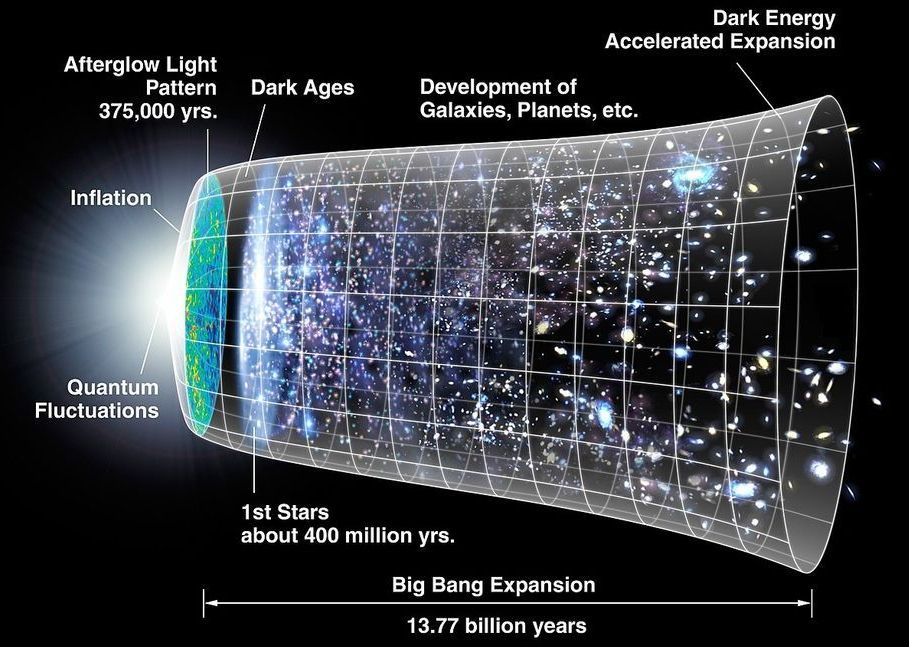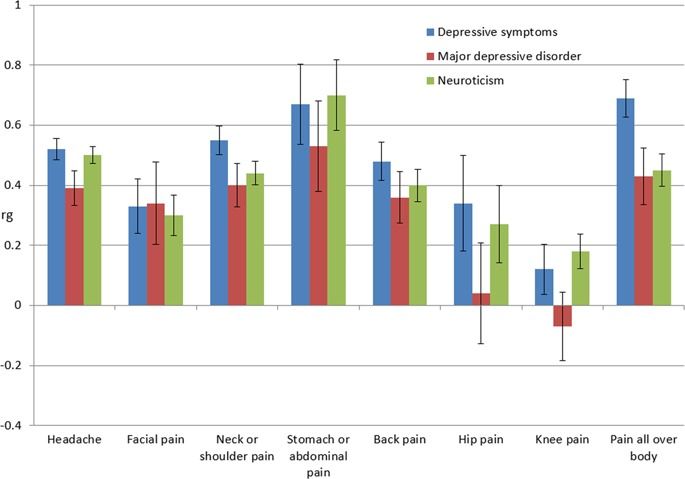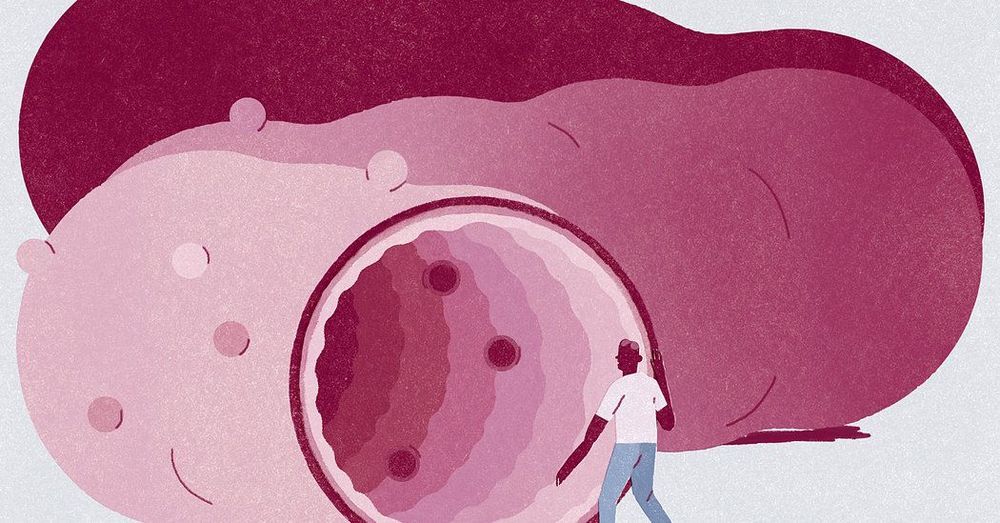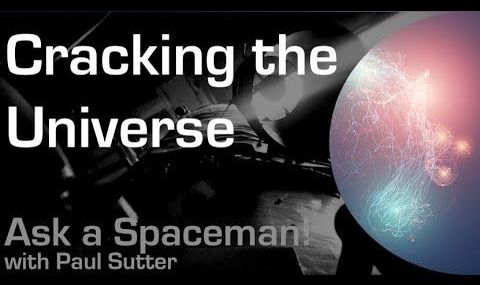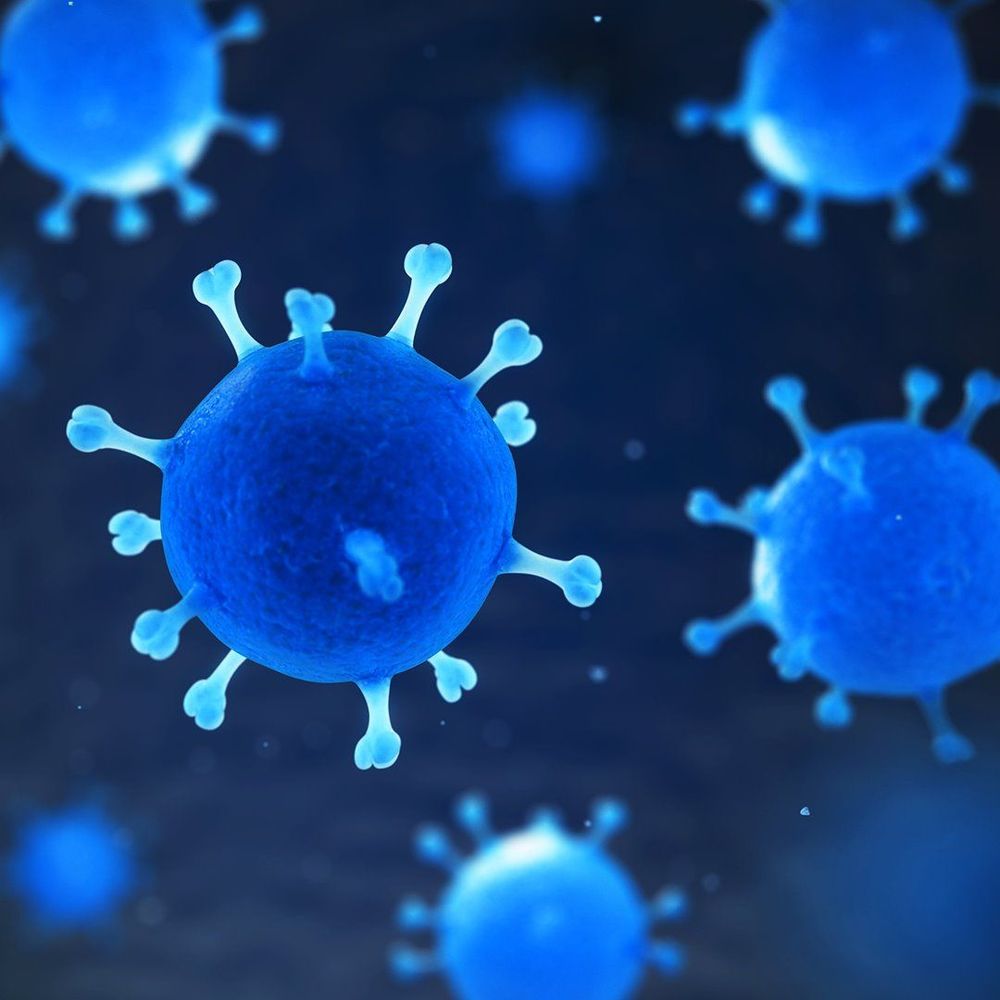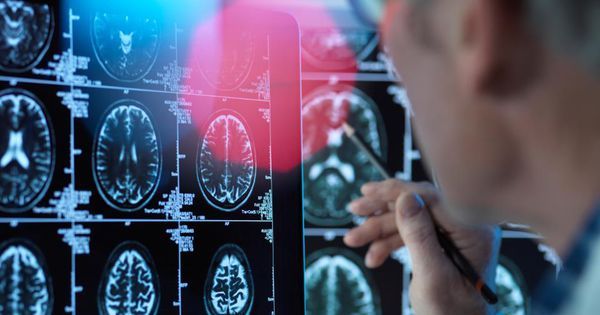Oct 28, 2019
If There’s a Wormhole Hiding in Our Galaxy, Could We Really Find It?
Posted by Paul Battista in categories: cosmology, physics
Wormholes, passageways that connect one universe or time to another, are still only theoretical — but that doesn’t mean physicists aren’t looking for them. In a new study, researchers describe how to find wormholes in the folds of our galaxy.
These hypothetical passageways, created by folding a region of space like a piece of paper, are predicted by Einstein’s theory of general relativity. But they require extreme gravitational conditions, such as those around supermassive black holes.
In the new study, two researchers came up with a method to search for wormholes close to home, around the Milky Way’s central, supermassive black hole, called Sagittarius A*. If a wormhole were to exist around Sagittarius A*, the stars on one side of the passage would be influenced by the gravity of stars on the other side, the researchers said.


